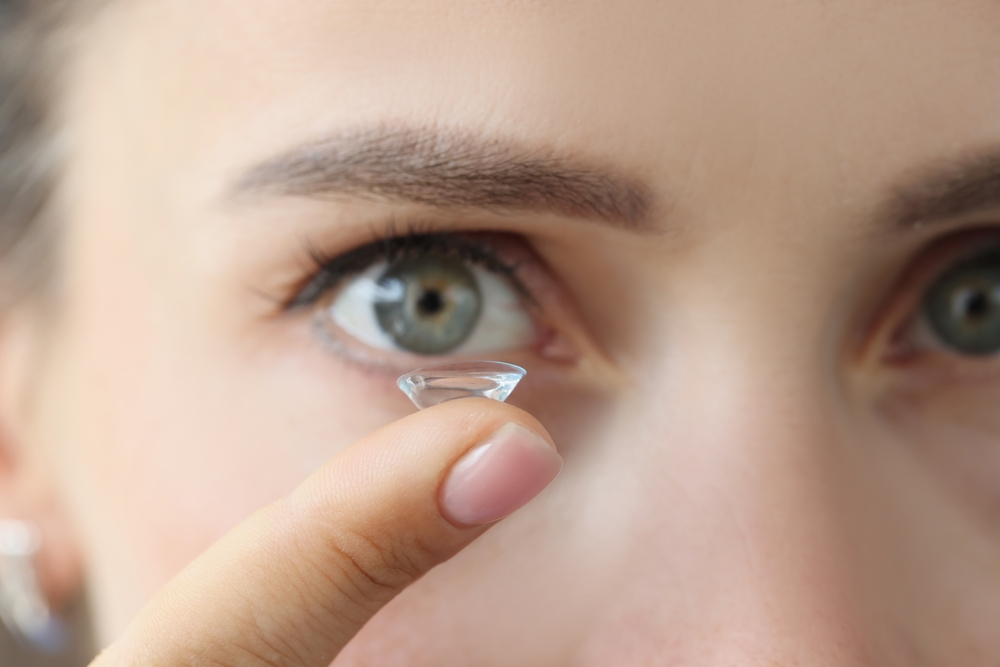
If you're considering making the switch from glasses to contact lenses or just curious about how they work, you're in the right place! Contact lenses are a popular, convenient solution for those who want clear vision without the hassle of traditional eyeglasses. At Alameda Eyes Optometry, we believe in helping our patients understand the ins and outs of contact lenses to make informed decisions about their eye health.
Types of Contact Lenses
The first thing to know about contact lenses is that there are different types, each suited to specific needs and preferences. The two primary categories are soft lenses and rigid gas permeable (RGP) lenses.
Soft Lenses: These are made from flexible materials and are generally more comfortable for first-time wearers. They are ideal for sports and daily activities because they conform to the eye's surface. Soft lenses are available as daily disposables, bi-weekly, or monthly options.
Rigid Gas Permeable (RGP) Lenses: These lenses are more durable and provide sharper vision for certain conditions, such as astigmatism. Although they may take some time to adjust to, RGP lenses tend to last longer and are more resistant to protein buildup than soft lenses.
Specialty Contact Lenses
For patients with specific vision needs, there are specialty contact lenses designed to address conditions such as astigmatism, presbyopia, or even keratoconus.
Toric Lenses: These lenses are designed for people with astigmatism, offering clear, stable vision by correcting the uneven curvature of the eye.
Multifocal/Bifocal Lenses: For those with presbyopia, these lenses allow for clear vision at multiple distances, reducing the need for reading glasses.
Scleral Lenses: Larger than traditional lenses, scleral lenses cover a portion of the white of the eye (the sclera) and are especially beneficial for individuals with keratoconus or dry eye syndrome.
Proper Care & Maintenance
One of the most critical aspects of wearing contact lenses is proper care. Maintaining good hygiene is essential to avoid eye infections or complications.
Daily Cleaning: Always clean your contact lenses with a fresh solution daily. Never use water or saliva to clean lenses, as they can introduce harmful bacteria.
Follow the Replacement Schedule: Whether you’re using daily, bi-weekly, or monthly lenses, it’s crucial to replace them as directed. Over-wearing lenses can lead to discomfort or even eye infections.
Don’t Sleep in Lenses (Unless Approved): Unless your lenses are specifically designed for overnight wear, it's important to remove them before going to bed. Sleeping in contact lenses can reduce oxygen flow to the eyes, increasing the risk of infection.
Are Contacts Right for You?
Not everyone is an ideal candidate for contact lenses, but most people can wear them comfortably. During your contact lens fitting at Alameda Eyes Optometry, our optometrist will evaluate your eye health, measure the curvature of your cornea, and ensure you receive the right type of lenses for your vision needs and lifestyle.
For more information or to schedule your contact lens exam, contact Alameda Eyes Optometry at our office in Alameda, California, by calling (510) 769-2020. We look forward to helping you achieve clear, comfortable vision with the right contact lenses.





